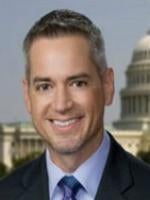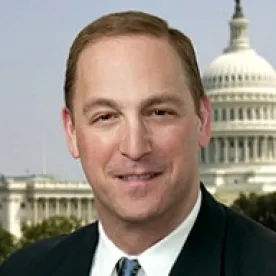A recent settlement by global pharmaceutical giant Abbott Laboratories over its promotion of the drug Depakote shows that federal regulators remain prepared to pursue drug manufacturers for promoting unapproved uses of their products. Abbott has agreed to pay federal and state governments a total of $1.6 billion in criminal and civil fines and to plead guilty to a criminal misdemeanor violation of the Food and Drug Act to resolve allegations against it. This makes the case the second-largest in a series of multi-million dollar settlements of enforcement actions by the U.S. Department of Justice and state regulators against drug makers. Abbott will be subject to monitoring and reporting requirements as a condition of its plea.
When the Food and Drug Administration approves a drug as “safe and effective” for sale to the public, it specifies that the approval is for one or more defined medical purposes. It is a common practice among doctors, however, to prescribe drugs for other uses based on their understanding of other effects of use of the drug, and such “off label” prescriptions are not illegal.It is illegal, however, for drug manufacturers to promote off-label use of their products.
In the Abbott case, federal and state regulators and law enforcement agencies alleged that the company had promoted off-label use of Depakote, which the FDA has approved to treat epileptic seizures, migraines and the manic episodes suffered by people with bipolar disorder. As part of its settlement, Abbott has admitted that, beginning in 1998, it trained a portion of its sales force to promote Depakote to nursing home personnel as a way to control agitation and aggression in elderly patients suffering from dementia. Abbott continued to do so through 2006 even after it was forced to discontinue clinical trial testing in 1999 of the use of Depakote to treat patients with dementia because the drug caused increased drowsiness, dehydration and anorexia in the elderly test subjects.
The use of Depakote by nursing homes for the off-label use promoted by Abbott was attractive because, as Abbott’s sales force highlighted, Depakote was not covered by the Omnibus Budget Reconciliation Act of 1987 (OBRA) and its implementing regulations designed to prevent the use of unnecessary medications in nursing homes. Thus, use of the drug for this purpose could help nursing homes avoid the administrative costs and other burdens of complying with that law.
In some ways, the Abbott settlement is simply another reminder that pharmaceutical manufacturers that “misbrand” drugs by promoting off-label use will face scrutiny and enforcement from federal and state governments. On the other hand, the Abbott case is particularly egregious given the allegations that, after tests showed poor effectiveness and possible problems with the off-label use of Depakote, Abbott failed to disclose to its sales force the results of those studies. In highly regulated industries such as pharmaceutical manufacturing, the case is a reminder that companies that fail to adhere closely to legal and regulatory requirements do so at great risk.



 />i
/>i
